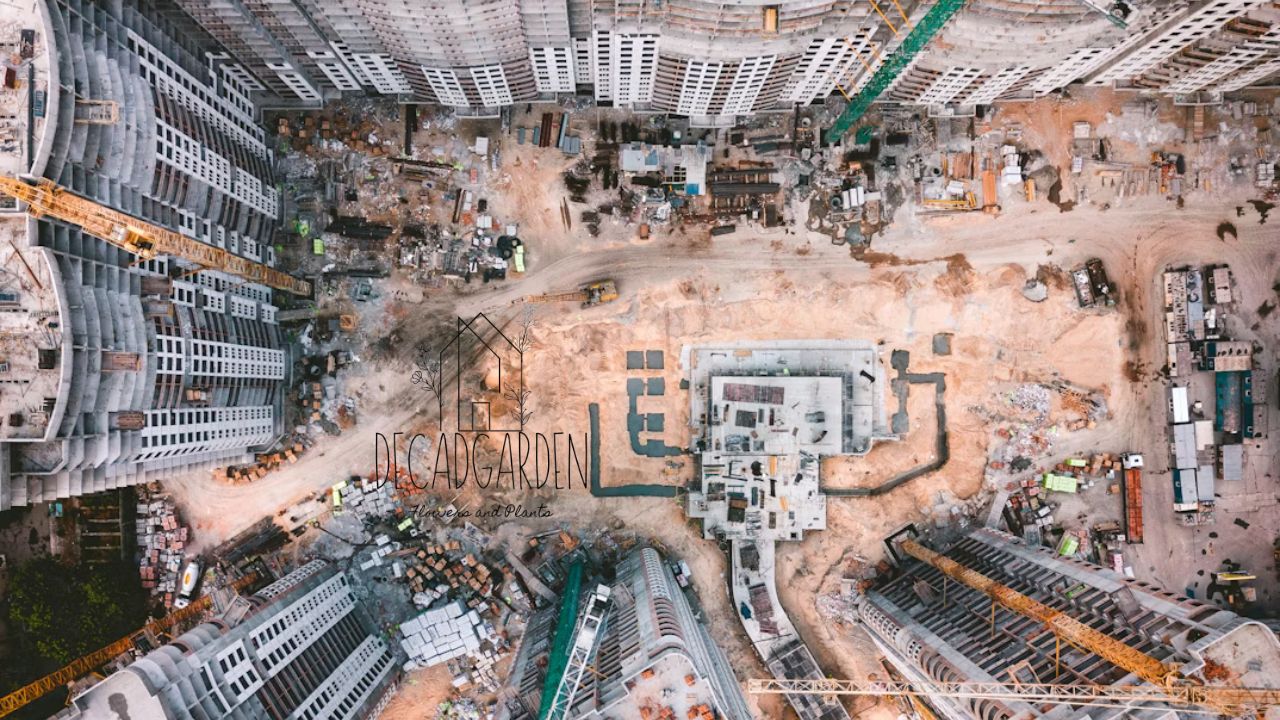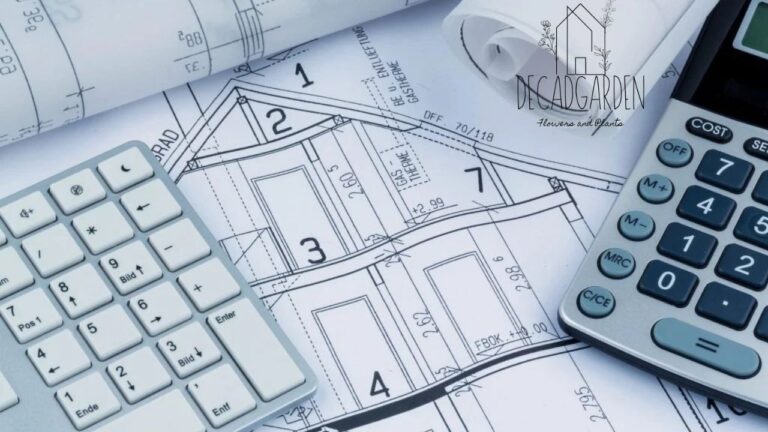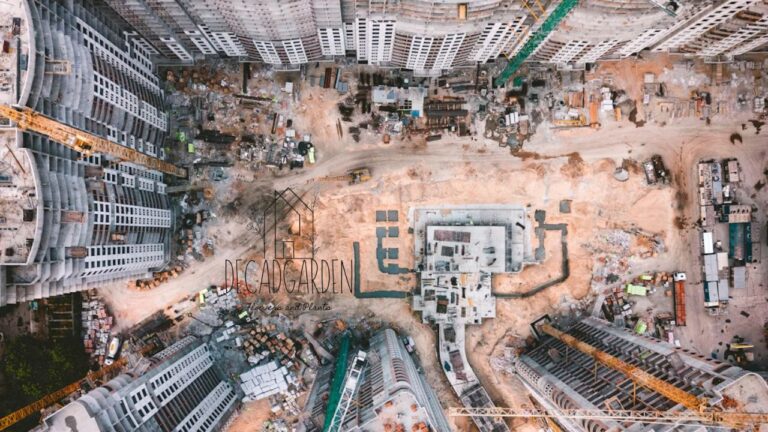Are you planning to build your dream home from scratch or take on an exciting property development project? Construction loans could be the perfect financial tool to make that vision a reality. Unlike traditional home loans, construction loans are designed to finance building projects, offering flexibility and unique benefits tailored for construction.
This guide will break down everything you need to know about construction loans, from how they work to their eligibility criteria, benefits, and common pitfalls you should avoid. Whether you’re a homeowner, builder, or investor, this article provides expert tips, stats, and examples to help you understand construction loans.
Summary Table: Key Facts About Construction Loans
| Feature | Details |
|---|---|
| Purpose | To finance construction projects |
| Loan Term | 6-24 months |
| Interest Rates | Higher than standard mortgages (around 5-10%) |
| Payment Type | Interest-only during construction |
| Conversion Option | May convert to a mortgage post-construction |
| Common Requirements | Down payment, good credit score, project approval |
Quick Takeaway: Construction loans are short-term solutions tailored to fund the costs of construction, with more flexible disbursements compared to traditional loans.
What Exactly Is a Construction Loan?

A construction loan is a short-term loan designed specifically to cover the cost of building or renovating a property. Unlike standard mortgages, which provide a lump sum, construction loans disburse funds gradually, based on the project’s progress.
How Does It Work?
Here’s a simplified breakdown of how construction loans operate:
- Application and Approval
Borrowers submit their construction plans, budgets, and timelines to the lender. Approval depends on creditworthiness, a solid construction plan, and sometimes the builder’s credentials.
- Draw Disbursements
Unlike regular loans, where you’re given the entire amount upfront, construction loans release payments—or “draws”—at various project milestones. For example:
-
- Foundation completion
- Framing
- Roofing
- Interest-Only Payments
During construction, you only pay interest, making monthly costs lower compared to standard loans. Once the project is complete, the loan usually converts into a regular mortgage.
Types of Construction Loans
- Construction-to-Permanent Loans
After the project’s completion, the loan transitions into a traditional 15-year or 30-year mortgage.
- Stand-Alone Construction Loans
Require separate arrangements for long-term financing after construction.
- Owner-Builder Loans
Ideal for those managing the project themselves (commonly available to licensed contractors).
Common Example
Imagine building a $400,000 home. Your lender approves a construction loan with a 20% down payment. Funds are released in phases as the project moves forward. Interest rates hover around 7%, slightly higher than a traditional loan.
Tip: Before applying, compare multiple loan options and ask about lender-specific terms.
What Are the Benefits of Construction Loans?
Construction loans offer distinct advantages, particularly for individual homebuilders and large-scale projects.
Flexibility
- Tailored Funding
Receive funds as needed, eliminating the burden of managing large lump sums.
- Custom Homes
Create a space that meets your exact needs and preferences instead of settling for pre-existing properties.
Controlled Payments
Interest-only payments during construction ease financial pressure before the property generates income or is ready for occupancy.
Faster Project Completion
By tying financing to project milestones, borrowers remain on schedule, reducing delays.
User Rating
Many users commend construction loans for fostering disciplined project management. “We completed our dream home on budget and months earlier than expected!” shared Emma B., a first-time homeowner. Rating (5/5).
Downsides to Consider
- Higher interest rates compared to traditional mortgages
- Strict eligibility requirements
- Risk of exceeding the approved loan amount due to project overruns
Key Eligibility Requirements
1. Down Payment
Expect to provide 20-30% upfront, depending on the lender and loan terms.
2. Good Credit Score
A minimum score of 680 is often required, although some lenders may accept 620 with higher interest rates.
3. Well-Defined Project Plan
Lenders need comprehensive blueprints, budgets, and approvals before granting funds.
4. Builder Credentials
Working with licensed, reputable contractors or firms is often a prerequisite for approval.
Pro Insight: A professional builder who is known for timely project delivery can improve your chances of securing a loan.
FAQs About Construction Loans
Q1. How do construction loans differ from regular home loans?
Construction loans are short-term and fund specific project milestones, while regular home loans provide a lump sum for purchasing a move-in-ready property.
Q2. Can I get a construction loan with bad credit?
Yes, but expect higher interest rates and stricter terms. Improving your credit before applying will save you money in the long run.
Q3. What happens if my project exceeds the loan amount?
You’ll need to secure an additional loan, cover the gap with personal funds, or downsize project plans.
Q4. Are there risks to construction loans?
Yes, including higher costs if projects overrun and potential market downturns reducing the property’s value after completion.
Q5. Can I use a construction loan for renovations?
Absolutely! Many lenders offer renovation-focused construction loans.
Tip: Always clarify the loan’s purpose with your lender upfront to avoid hurdles during the approval process.
Final Thoughts
Construction loans are an excellent way to fund custom builds or renovations, offering flexibility and tailored disbursements. While they come with higher interest rates and more stringent requirements, the benefits of convenience and flexibility often outweigh the downsides—especially for those with detailed project plans.
Before deciding, do your due diligence. Compare lenders, assess your financial stability, and map out a construction timeline to keep your project on track. Whether you’re a homeowner, contractor, or real estate investor, construction loans can turn ambitious building dreams into reality.
Admin Recommendation
Garden Pest Crossword Clue: A Fun Guide to Solving and Understanding

















